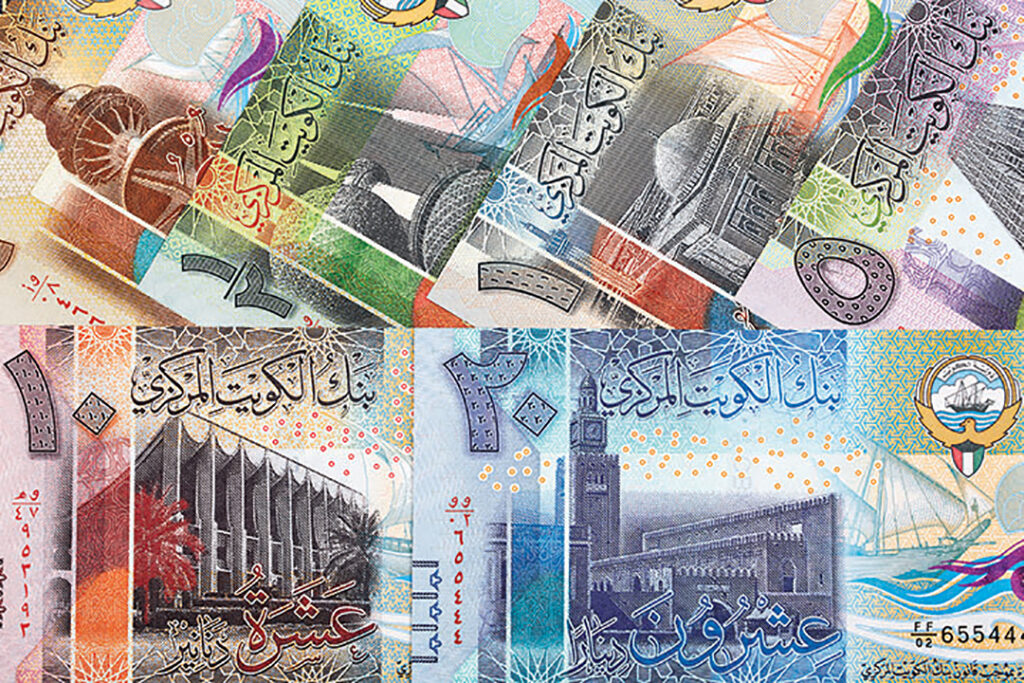UNIPATH STAFF
The Kuwaiti Ministry of Trade and Industry shut down 11 companies in early 2020, accusing them of violating the Anti-Money Laundering and Terrorist Financing Law No. 106 of 2013.
Five of the companies were money-exchange businesses; another three operated in real estate and another three in jewelry. The Kuwaiti government accused them of flouting anti-money laundering and terrorist financing regulations, dealing in large amounts of cash (in excess of 3,000 Kuwaiti dinars), and failing to train employees to recognize and report financial crimes.
In a statement released in May 2020, the Central Bank of Kuwait (CBK) reiterated its opposition to money laundering and terrorist financing. CBK urged entities falling within its jurisdiction to fulfill the obligations of the anti-money laundering law, which updated the country’s regulations to match international standards.
CBK pledged to impose severe penalties on businesses that engage in money laundering and terrorist financing. To protect the reputation and integrity of the Kuwaiti banking sector, CBK blocks financial criminals from accessing the international financial system through Kuwaiti financial institutions.
Organized in 2013, the Kuwait Financial Investigation Unit (KFIU) is charged with receiving, requesting, analyzing and transmitting information related to suspicious movements of money. A study conducted by former Kuwaiti Minister of Education Dr. Ahmed Al-Mulaifi concluded that suppressing money laundering would require a joint effort of the entire Kuwaiti government in coordination with the KFIU.
Kuwait’s success in this regard was recognized by the U.S. Department of State’s Bureau of Counterterrorism in its Country Reports on Terrorism of 2019: “During 2019, the Government of Kuwait participated in or conducted a significant number of training programs to build counterterrorism capacity and to counter terrorism financing.” Sources: Asharq Al-Awsat, U.S. Department of State

